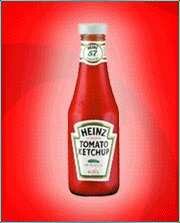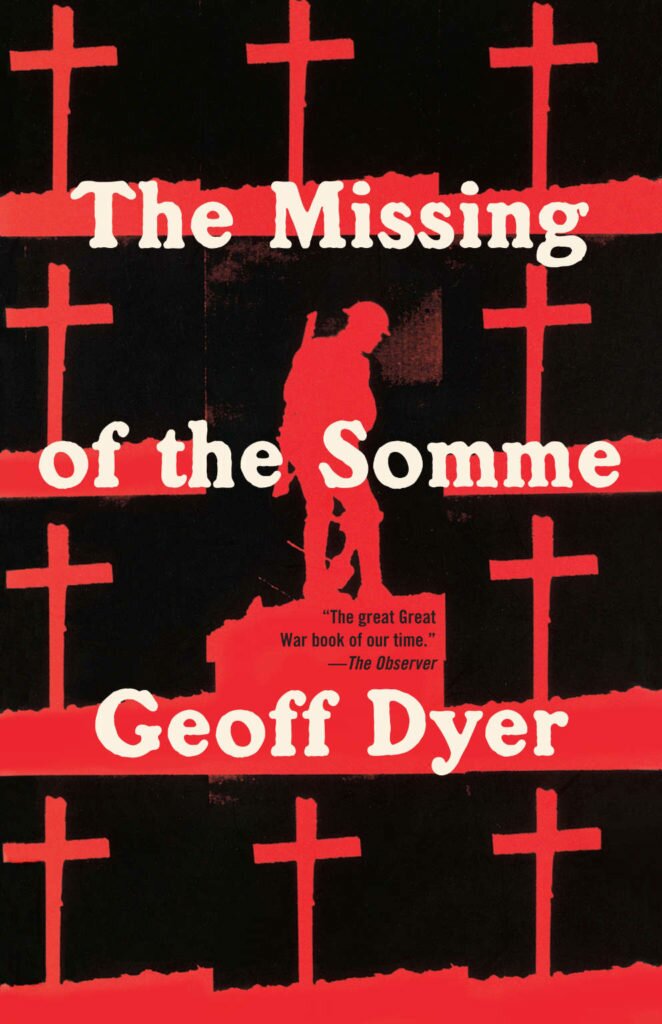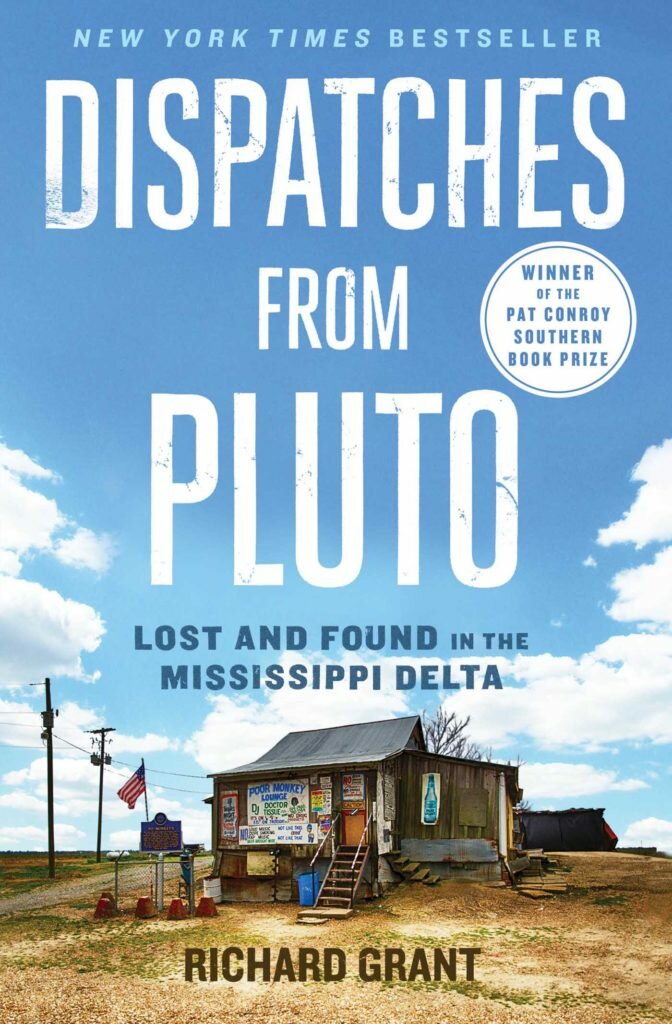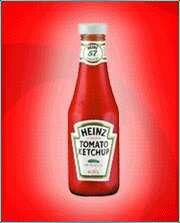 Once school lets out, I start consuming culture faster than I can respond to it, so I need to quickly catch up with notes on a few books and movies.
Once school lets out, I start consuming culture faster than I can respond to it, so I need to quickly catch up with notes on a few books and movies.
The Underground Railroad, Colson Whitehead (2016). I was really disappointed by how disappointing this was; it sounded so terrific in the reviews. The fantastical/speculative elements don’t engender much surprise, the characters are wooden, the set pieces go on too long and belabor their points, the movement through time and space is frequently herky-jerky and confusing, and worst there’s an air of bland, austere dutifulness hanging over the whole enterprise. I don’t think I’m someone incapable of appreciating a novel of ideas, but I guess I do like a little style thrown in after all.
The Sympathizer, Viet Tranh Nguyen (2015). This was terrific, a timely tour de force for our era of heightened consciousness about who gets to speak for whom in literature. This slyly provocative novel features a double agent whose identity, politics, and identity politics are so scrambled he himself can’t say where he really belongs. The subtle arguments about nationalism, culture, and determinism come wrapped in a crisp, lively, dead-on rendering of the period. Smart and fun so rarely go hand in hand.
Love & Mercy, Bill Pohlad (2014). Enjoyable and informative; I knew Brian Wilson of the Beach Boys suffered from mental illness, but I had no idea that he was so cruelly manipulated by his manager. Big props to the art director here; the movie’s a joy to look at and makes you feel like you’re in late 20c L.A.
Gimme Danger, Jim Jarmusch (2016). Jarmusch’s love letter to the greatest rock and roll band of all time. A bit more my speed than the Beach Boys. Iggy for President! He’s like if Bernie Sanders jumped into the mosh pit. You hear “I Wanna Be Your Dog” about a thousand times over the course of this movie and it is AWESOME every time.
Twentieth Century Women, Mike Mills (2017). I don’t know how he does it, but he does — this movie is as sweet and wistful as can be, and somehow less triggering than Beginners, which apparently annoyed me pretty bad. Do all the grand emotional turbulences between kids and parents, parents and lovers, kids and kids really just amount to a bunch of well-off over-educated white people wringing their hands? Yes, of course. But feelings are still feelings, people! Did you know Mills is married to Miranda July and they have a son named Hopper, who’s five? Once he’s old enough to skateboard over to Frances Bean’s house for a cup of matcha, that kid is going to be the most indie kid who ever lived.
Shame, Steve McQueen (2011). This Paul Schrader movie was somehow directed not by Paul Schrader but by Steve McQueen. Of McQueen’s three features to date (the other two are Hunger, about Bobby Sands, and 12 Years a Slave, about Solomon Northrup), this is the only one I’ve been able to bring myself to watch, and that’s saying something, because this one’s not exactly Chitty Chitty Bang Bang. McQueen sure has a thing for abuse. Shame features a kind of sexual shark, played by Michael Fassbender, who very literally has one thing on his mind. We see him have every variety of modern urban intercourse and none of it seems much fun at all. Predictably, he fails to get it up only once, when he meets a person — a charming and ingenuous co-worker — who registers on his tiny consciousness as a subject rather than an object. It’s all profoundly sad, but I’m not sure it’s profound.
South and West, Joan Didion (2017). You only need to check this out if you’re interested in the rural South and/or you’re a Didion fanatic; I’m both. This isn’t even really a book, it’s just a bunch of jottings Didion made on a one-month road trip from New Orleans, up through Mississippi and Alabama, in the summer of 1970. There are flashes of insight, and some classic Didion images, but most of it is pretty shallow and predictably stereotypical. I find this oddly gratifying, that the South seems to have stymied my hero’s normally inexorable acumen . . .
I’m remembering that last year at this time I was reading the Ferrante books and it was perfect. I miss them.
I’m also reading essays on photography by Robert Adams; I’m not so sure about them. He’s a bit given to hagiography of his heroes. The more I read prose by photographers the more I realize that it’s awful rare to find a photographer who can write for a damn.
 Dyer’s book is about trench warfare, World War I, artistic responses to war (especially in literature), the conventions of war memorial sculptures, his personal journeys around WWI battlefields and cemeteries in France, and other things, but his main concern is the nature of cultural memory. How do societies construct and revise the past? “The issue, in short, is not simply the way the war generates memory but the way memory has determined — and continues to determine — the meaning of the war.”
Dyer’s book is about trench warfare, World War I, artistic responses to war (especially in literature), the conventions of war memorial sculptures, his personal journeys around WWI battlefields and cemeteries in France, and other things, but his main concern is the nature of cultural memory. How do societies construct and revise the past? “The issue, in short, is not simply the way the war generates memory but the way memory has determined — and continues to determine — the meaning of the war.” Grant’s an itinerant English writer who got beguiled by the memory, amnesia, beauty, and ugliness of the Mississippi Delta region and wound up buying a house and spending enough time there to develop some relationships with people and a better-than-facile understanding of the place, its culture, history, and inhabitants. I would hope any undergrad fresh from Anthropology 101 could shoot this book full of holes easy as shotgunning a speed limit sign outside Itta Bena. Grant is white, educated, urbane, and for God’s sake British; we can easily question both his capacity to understand and his right to speak. To his credit, he cops to all that, not in a self-flagellating way but with amiable candor. Some will surely say he is too quick to grant himself permission and authority. I found myself trusting him. No, that’s not quite true; I don’t trust him, but he’s resolutely well-intentioned and a seductive storyteller, so I was willing to bracket my resistance for a spell and enjoy his anecdotes. It helps that he’s resolutely in the mode of first person memoir with occasional gestures toward cultural analysis. The claims are less “here’s how things are” than “given my experience, this is what I think might be so.” (Geoff Dyer’s The Missing of the Somme, which my next post will be about, inverts this pattern.)
Grant’s an itinerant English writer who got beguiled by the memory, amnesia, beauty, and ugliness of the Mississippi Delta region and wound up buying a house and spending enough time there to develop some relationships with people and a better-than-facile understanding of the place, its culture, history, and inhabitants. I would hope any undergrad fresh from Anthropology 101 could shoot this book full of holes easy as shotgunning a speed limit sign outside Itta Bena. Grant is white, educated, urbane, and for God’s sake British; we can easily question both his capacity to understand and his right to speak. To his credit, he cops to all that, not in a self-flagellating way but with amiable candor. Some will surely say he is too quick to grant himself permission and authority. I found myself trusting him. No, that’s not quite true; I don’t trust him, but he’s resolutely well-intentioned and a seductive storyteller, so I was willing to bracket my resistance for a spell and enjoy his anecdotes. It helps that he’s resolutely in the mode of first person memoir with occasional gestures toward cultural analysis. The claims are less “here’s how things are” than “given my experience, this is what I think might be so.” (Geoff Dyer’s The Missing of the Somme, which my next post will be about, inverts this pattern.) Argh I’m just awful at keeping up with this. These are things I remember from 2018 so far. Maybe I’ll be better in the summer about making a note here and there.
Argh I’m just awful at keeping up with this. These are things I remember from 2018 so far. Maybe I’ll be better in the summer about making a note here and there. I’ve got a phone, a tablet, a laptop, a desktop, and a TV in my house, and any one of them is capable of delivering torrents of video from a variety of sources. A fly on my wall would note my oddly contradictory responses to this cornucopia. On the one hand, I’m an indiscriminate Hoover, in that I’ll start watching just about anything. On the other hand, I seem to have become increasingly discerning, or distractible, in that I am rarely sufficiently engaged to finish anything. I watched one third of The Young Pope, only to be distracted by the appearance of the new season of Orange is the New Black, which I got halfway through before being suddenly struck by an inexplicable need to see all of Bertolucci again, a project I abandoned almost immediately after reading somewhere that I should instead be watching Paolo Sorrentino’s movies, which reminded me that I never finished The Young Pope, but when I tried to go back to it I somehow instead spent a whole week watching the first twenty minutes each of a hundred subtitled European cop shows on Netflix.
I’ve got a phone, a tablet, a laptop, a desktop, and a TV in my house, and any one of them is capable of delivering torrents of video from a variety of sources. A fly on my wall would note my oddly contradictory responses to this cornucopia. On the one hand, I’m an indiscriminate Hoover, in that I’ll start watching just about anything. On the other hand, I seem to have become increasingly discerning, or distractible, in that I am rarely sufficiently engaged to finish anything. I watched one third of The Young Pope, only to be distracted by the appearance of the new season of Orange is the New Black, which I got halfway through before being suddenly struck by an inexplicable need to see all of Bertolucci again, a project I abandoned almost immediately after reading somewhere that I should instead be watching Paolo Sorrentino’s movies, which reminded me that I never finished The Young Pope, but when I tried to go back to it I somehow instead spent a whole week watching the first twenty minutes each of a hundred subtitled European cop shows on Netflix.
 A complete but very decadent and perhaps somewhat transgressive delight, based on the real-life story of August Engelhardt, a German nudist vegetarian who decamped for the south seas to start a utopian colony at the fin de siècle. I came across this by accident and really enjoyed it, not least, admittedly, because I realized that I went to college with Kracht and I had no idea he’d gone on to write novels. What a hoot! Kracht’s got a wonderfully arch and acerbic comic style and skewers placid colonial burghers and idealistic nuts (ha) like Engelhardt with equal verve.
A complete but very decadent and perhaps somewhat transgressive delight, based on the real-life story of August Engelhardt, a German nudist vegetarian who decamped for the south seas to start a utopian colony at the fin de siècle. I came across this by accident and really enjoyed it, not least, admittedly, because I realized that I went to college with Kracht and I had no idea he’d gone on to write novels. What a hoot! Kracht’s got a wonderfully arch and acerbic comic style and skewers placid colonial burghers and idealistic nuts (ha) like Engelhardt with equal verve. Ben Lerner’s brief essay makes some smart if not new points about poetry’s most ancient and fundamental sorrow: It cannot succeed. The “re” in “representation” means that poetry’s always at a remove from the genuine. Plato was the first to note this bummer; folks still aren’t over it. As Lerner correctly writes, “The fatal problem with poetry: poems.” An ideal and perfect Poetry can exist as an imaginative category, but every actual poem has fallen and will fall short of that ideal. Lerner quotes George Oppen: “Because I am not silent, the poems are bad.” Lerner: “Hating on actual poems . . . is often an ironic if sometimes unwitting way of expressing the persistence of the utopian ideal of Poetry.” Exactly right. Poems are always large or small failures, but the beauty and force of Poetry is eternal.
Ben Lerner’s brief essay makes some smart if not new points about poetry’s most ancient and fundamental sorrow: It cannot succeed. The “re” in “representation” means that poetry’s always at a remove from the genuine. Plato was the first to note this bummer; folks still aren’t over it. As Lerner correctly writes, “The fatal problem with poetry: poems.” An ideal and perfect Poetry can exist as an imaginative category, but every actual poem has fallen and will fall short of that ideal. Lerner quotes George Oppen: “Because I am not silent, the poems are bad.” Lerner: “Hating on actual poems . . . is often an ironic if sometimes unwitting way of expressing the persistence of the utopian ideal of Poetry.” Exactly right. Poems are always large or small failures, but the beauty and force of Poetry is eternal. Wow, this is just a beautiful novel. I’m not sure what took me so long to get to it, but this was a nice moment to find it, when I’ve been doing so much driving around through small towns of the South, thinking about tribes and clans, fear of the outsider and the other, whether there’s any warrant for beauty without blood on it. When young Mick Kelly, McCullers’ avatar, wants to absent herself from the physical and cultural poverty that surrounds her, she retreats to a mental space she calls her “inside room,” where she imagines travel to foreign countries, playing symphonies she’s composed for appreciative audiences. I know that room! I’ve been living half my waking moments in it lately. (My preferred fantasy is making photos of the sea in Rotterdam, but you get the idea.)
Wow, this is just a beautiful novel. I’m not sure what took me so long to get to it, but this was a nice moment to find it, when I’ve been doing so much driving around through small towns of the South, thinking about tribes and clans, fear of the outsider and the other, whether there’s any warrant for beauty without blood on it. When young Mick Kelly, McCullers’ avatar, wants to absent herself from the physical and cultural poverty that surrounds her, she retreats to a mental space she calls her “inside room,” where she imagines travel to foreign countries, playing symphonies she’s composed for appreciative audiences. I know that room! I’ve been living half my waking moments in it lately. (My preferred fantasy is making photos of the sea in Rotterdam, but you get the idea.)